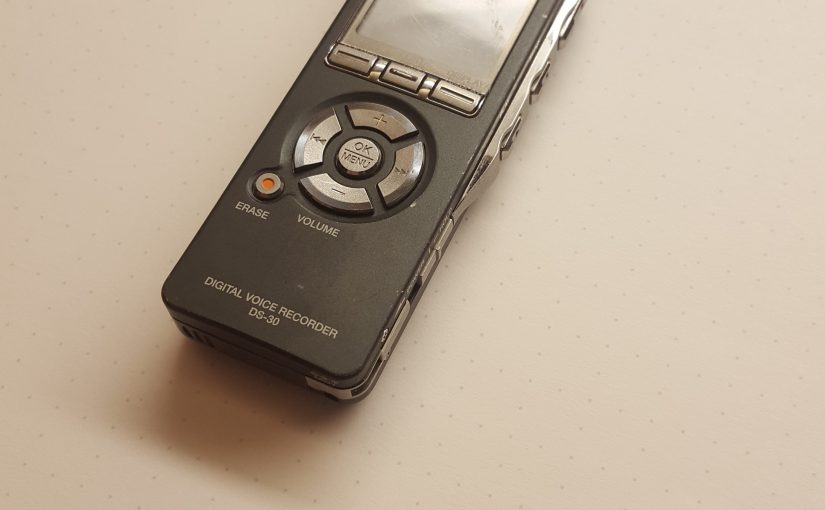Friday, February 2nd, Robert and I visited with our college librarian and archivist, Kelly Brown in her office in Nash Library. Mx. Brown met with us for about twenty minutes and gave us advice regrading our particular library and resources around Oklahoma.
Mx. Brown has been at Nash Library since 2002 and has a bias of ensuring the freedom to read books as individuals desire the information. No books have been challenged at Nash since Mx. Brown has been there, though she is unsure about the Chickasha Public Library. She has recently purchased one hundred books for the school, and in the interest of limiting the inevitable influx of complaints for the new book list she has opted not to email a disclosure of the full list, though she did inform us it consists of books regarding Islamophobia, atheists and white Christians. Due to USAO’s interdisciplinary nature, Mx. Brown finds it difficult to narrow the scope of books she is interested in purchasing.
Along with the Chickasha Public Libraray, the Oklahoman, Oklahoma City Metropolitan Library, Oklahoma Department of Libraries and Oklahoma Library Association were given as good places to contact or search for cases or information regarding cases. She also recommended the ALA website as a precursory search. She advised us to attempt to get an interview with an older librarian in Oklahoma City who would know more history behind the local challenges. Mx. Brown looked up the call numbers and gave us directions to the Literature Suppressed series and Banned in the U.S.A., which we have checked out to use in our research. There is another resource book we cannot check out of the library but now know the location of. Unfortunately, I failed to write down the title of this book and only have the call number.
Another resource our library has of a different kind is the availability of small study spaces within the book stacks called corrals where we will have space to scatter books and be in an uninterrupted quiet location for research. This was my first time visiting the corrals since they were first mentioned for naming. A next step I would look for us to take would be to contact the local librarians and attempt to set up an interview with them regarding their perspectives and information they may have on what we hope to be a more solid local case.
As Mx. Brown is also our local archivist, she gave us some insight into the process from a more personal perspective. She admits personal biases may play into what does and does not get archived and how. She had slight conflict when, after a professor died and she was looking to archive documents, Mx. Brown wanted to archive a letter others deemed too personal and socially difficult regarding that person’s sexuality. I hadn’t previously thought about what information may or may not be chosen to be archived. This brings forward that what one archivist may find important may not have been documented as at the time it was seen as inappropriate or unimportant to keep.
